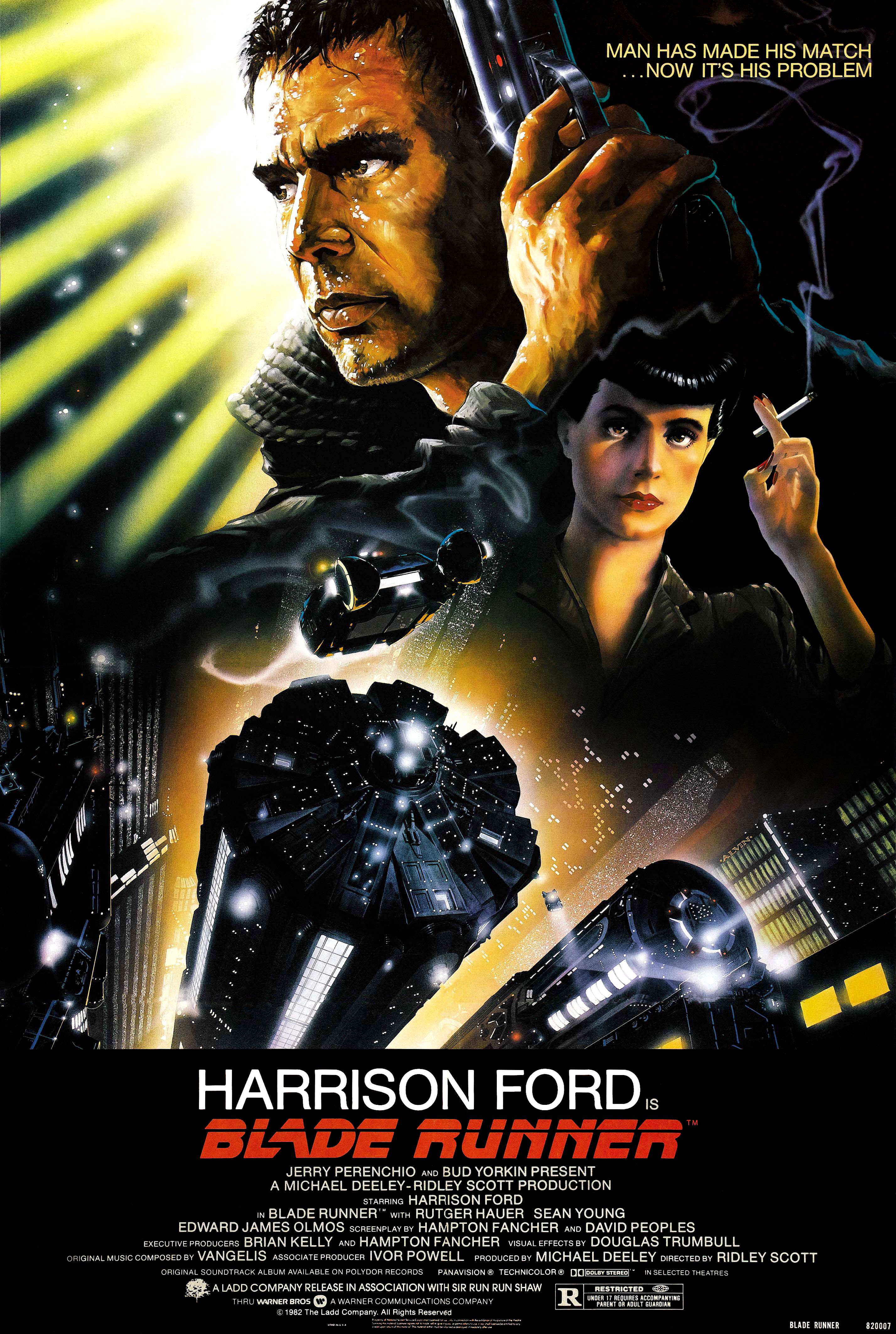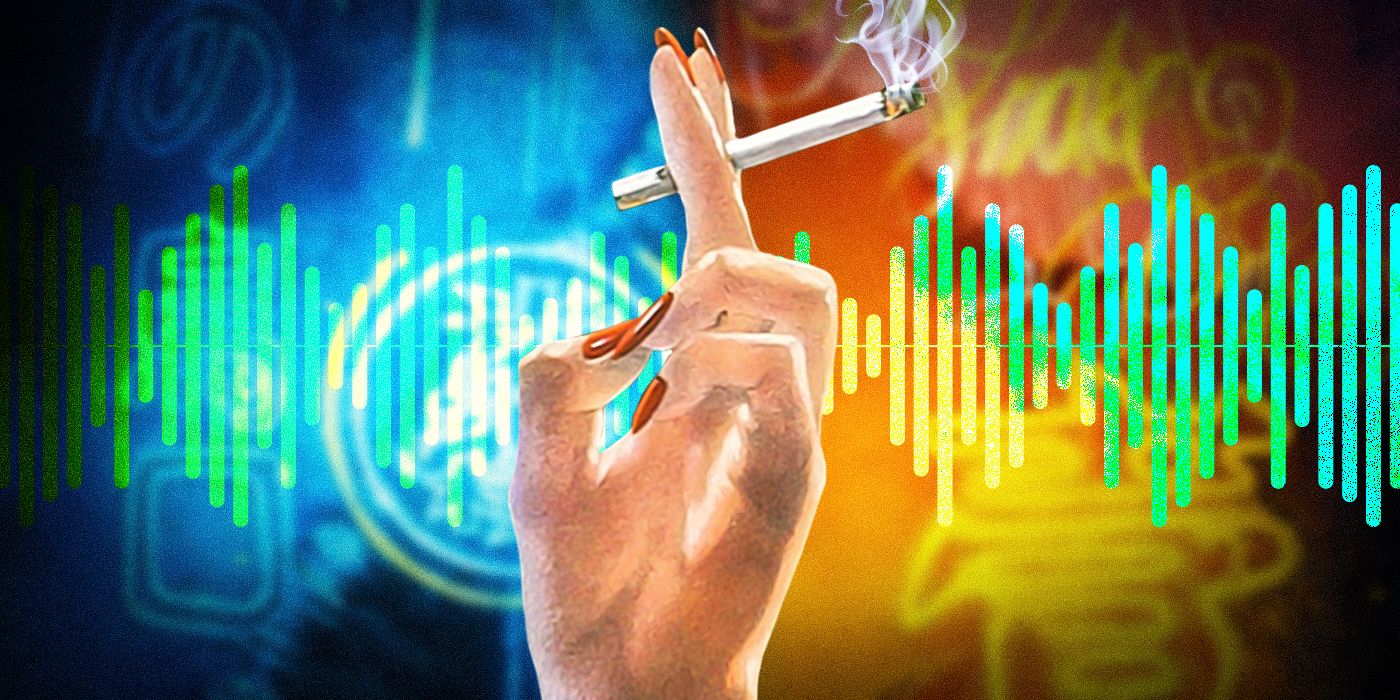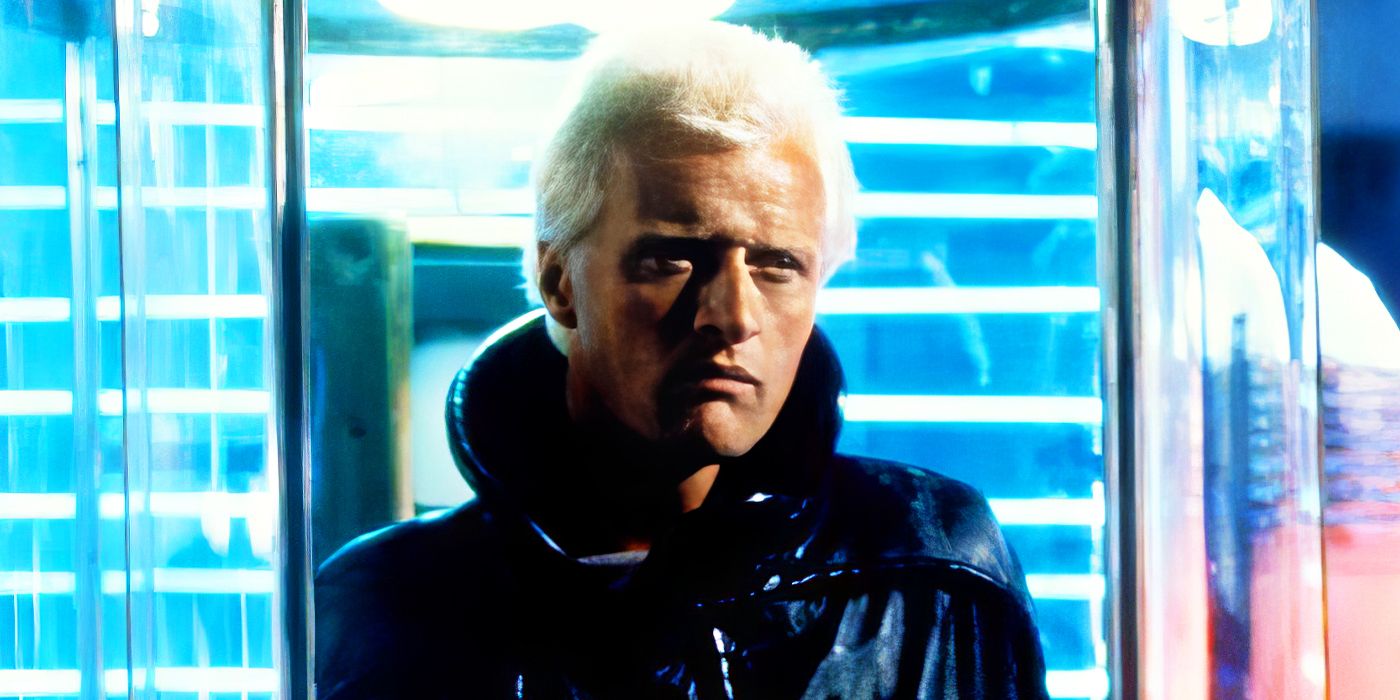The Big Picture
- Blade Runner's legacy was solidified by Rutger Hauer's iconic "Tears in Rain" speech, a defining moment in cinematic history.
- Hauer's alterations to Roy's final monologue captured the essence of humanity and added depth to the replicant's character.
- Ridley Scott gave Hauer creative freedom to rewrite the monologue, leading to an emotionally powerful performance that resonated with audiences.
Book-to-film adaptions are always a hit or miss. With this year's highly anticipated Dune: Part Two rising to the challenge, it's a must to remember the competitive standard that was set for the sci-fi genre decades ago. Blade Runner (1982), one of the greatest science fiction movies to ever grace the silver screen, brought to life Philip K. Dick's 1968 dystopian novel Do Androids Dream of Electric Sheep? Directed by atmospheric director Ridley Scott, Blade Runner marked the start of a grand era of sci-fi in Hollywood and inspired generations of films, TV shows, anime, and games to follow in its footsteps.
It sounds silly to believe now that the cyberpunk picture failed critically and commercially upon its initial release. Scott’s masterpiece gained a cult following after Warner Bros. put out the Director's Cut 10 years later and then the digital restoration edition, The Final Cut, in 2007. There's no denying Blade Runner has all the classic elements of an electrifying, anti-utopian thriller, and the world's adoration for the film has sparked the franchise to spawn a sequel film, Blade Runner 2049, and an upcoming Prime Video series titled Blade Runner 2099. Although, all these groundbreaking ingredients to the movie's present-day success wouldn’t have made such a defining mark without the iconic "Tears in Rain" speech delivered by Rutger Hauer.

Blade Runner
A blade runner must pursue and terminate four replicants who stole a ship in space and have returned to Earth to find their creator.
- Release Date
- June 25, 1982
- Director
- Ridley Scott
- Cast
- Harrison Ford , Rutger Hauer , Sean Young , Edward James Olmos , M. Emmet Walsh , Daryl Hannah
- Runtime
- 117 minutes
- Writers
- Hampton Fancher , David Webb Peoples , Philip K. Dick , Roland Kibbee
What Happens in Ridley Scott's 'Blade Runner'?
Blade Runner is set in a futuristic dystopia in 2019 where the tyrant company, Tyrell Corporation, has bioengineered robots or "replicants" to be made with superhuman strength and intelligence. Dangerous replicants are near the brink of extinction on Earth thanks to Blade Runner cops who are tasked with hunting down the remaining threats. Harrison Ford plays Rick Deckard, a burnout Blade Runner. When Deckard is assigned to "retire" a renegade group of 4 replicants, he finds himself entrapped in a passionate love affair with a rare, prototype replicant, leading him to question his own existence.
Near the end of the film, Deckard has eliminated 3 of the replicants in the rebel group except for their boss, Roy Batty. Rutger Hauer stunningly portrays Roy, a Nexus-6 combat model replicant. Roy's mission on Earth is to ask his creator, Dr. Eldon Tyrell (Joe Turkel) to extend his 4-year life span. Learning the extension is impossible, Roy murders Tyrell and escapes unscathed, but Deckard confronts him for the final battle in the Bradbury Building.
Arguably, the best moment in Blade Runner is the climactic fighting scene between Deckard and Roy. The build-up to their confrontation is filled with great fear and anxiety, since Roy's character is shown to be psychotic and wildly powerful for a replicant. Roy skillfully taunts Deckard throughout the building without letting the cop get too close. They go back and forth with violent fits — each one getting in a punch or two. The Blade Runner manages to retreat onto the rooftop but slips and falls. What seems like Deckard's final moments turns into the biggest plot twist of the film — Roy shows mercy and saves Deckard, creating a perfect setup for Hauer's character to deliver the notorious meaning of life speech.
Rutger Hauer Improvised the Iconic "Tears in Rain" Monologue
Seconds before his life span ends, Roy Batty takes a moment to share his moving point of view on life with Deckard, famously known as the "Tears in Rain" speech.
I've seen things you people wouldn't believe. Attack ships on fire off the shoulder of Orion. I watched C-beams glitter in the dark near the Tannhäuser Gate. All those moments will be lost in time, like… tears in rain. Time to die.
Roy perishes just after delivering his profound monologue, but his final words represent a great deal of the movie's major theme: What does it mean to be human? This 50-second dialogue became synonymous with Rutger Hauer's acclaimed career, which opened the doors for the Dutch actor to star in features like Ladyhawke (1985) and The Legend of the Holy Drinker (1988). What's even more extraordinary about Hauer's performance in Blade Runner is that the actor personally wrote the "Tears in Rain" monologue. In an exclusive interview with Radio Times, the late Hauer revealed his character's celebrated speech was much more his idea than improvisation.
Before the shoot, screenwriter David Peoples had the bulk of Roy's dialogue already written for filming. However, when Hauer read the soliloquy he felt it was "overwritten." He scratched a good half of the lines, keeping the tone and fluidity of the original speech, and added his own sentiment he believed matched the thoughts Roy wanted to express in his last few breaths. Hauer commented to Radio Times, “I kept two lines, because I thought they were poetic. I thought they belonged to this character, because somewhere in his digital head he has poetry, and knows what it is. He feels it! And while his batteries are going, he comes up with the two lines.”

How Studio Execs Almost Ruined 'Blade Runner'
As a result of studio meddling, a whopping seven versions of Ridley Scott's film have been shown to audiences since its release.Ridley Scott Approved of Rutger Hauer's Changes to Roy's Final Monologue
Writing in "Tears in Rain" was said to be Rutger Hauer's final addition to the monologue, and there couldn't have been a better decision. A knnown perfectionist, Ridley Scott practiced a heavy amount of artistic control during the production of Blade Runner, causing turmoil on set with the cast and crew. Yet when Hauer voiced his need to alter Roy's ending speech, Scott allowed him to bring his ideas to the table because he was seeking a character-driven story, per Radio Times. When the actor delivered the monologue on set, Hauer's version brought some crew members to tears, while others applauded the emotionally stirring performance.
Re-writing the final lines not only gave Roy Batty's character a chance to explain his merciful actions, but it also instilled pity and value in the replicant's life as he experienced the many truths humans live through. The scariest revelation is that the replicants were just synthetic depictions of humans, and Roy's acknowledgment of the joy and pain he witnessed begs the audience to question the meaning of humanity further. It's difficult to imagine Blade Runner without Hauer's "Tears in Rain," as the bewitching monologue skyrocketed the sci-fi mind-bender to its timeless, cult classic status.
Blade Runner: The Final Cut is available for rent or purchase on Amazon Prime Video in the U.S.


